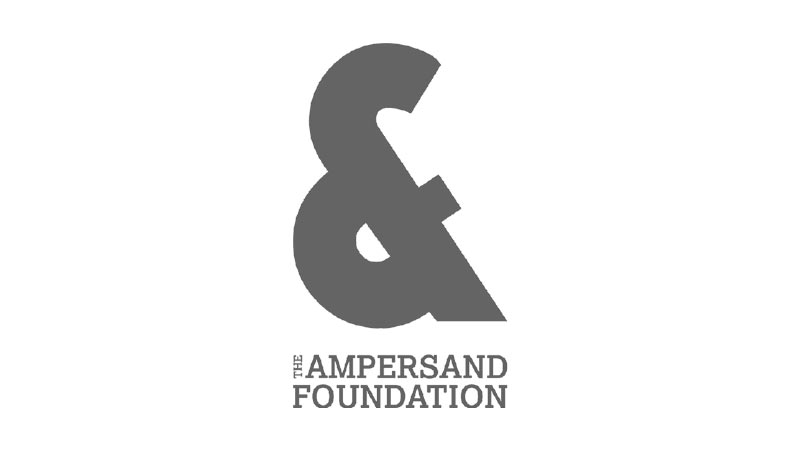Julia Fernandez de Chuna © Joy Gregory
Joy Gregory

“I met Julia in in Bocas del Toro in Panama while researching the work Memory & Skin. She was part of a community that differentiated themselves from the other Panamanians of African descent through an antiquated form of English language.
The black community of Bocas del Toro were descended from the emancipated slaves of the English speaking Islands who refused enter the apprenticeship system. Slavery was abolished in the British West Indies with passage of the Slavery Abolition Act of 1833. However, contrary to popular belief the slaves were not immediately free. A system of apprenticeship was implemented alongside emancipation. This required slaves to continue laboring for their former masters for 4-6 years in exchange for provisions.
Julia da Cunha’s ancestors emigrated to Panama for a better life. At first they earned a living working in the cane in the north of the country, then later formed the main workforce that built the Panama Canal. The meeting with with Julia and her community sparked my interest in the connection between language and identity. This lead to my interest in endangered languages and development of work with a family and community in South Africa’s Northern Cape around the moribund language of N|u.”
Responses
Julia Fernandez de Chuna
by Amy Jasek
This window shines
like the light inside me
and I believe that voice
I hear
the one you tried to muffle
and mask
with your own
You think I’m listening
words are throbbing
sick and tired of being
so tightly coiled,
cats, ready to pounce
inhale: one minute
two
three
exhale: the next, the rest
it’s been a long time coming
You think I’m here
you think I’ll wait
but I’m already gone
Connect with Amy










